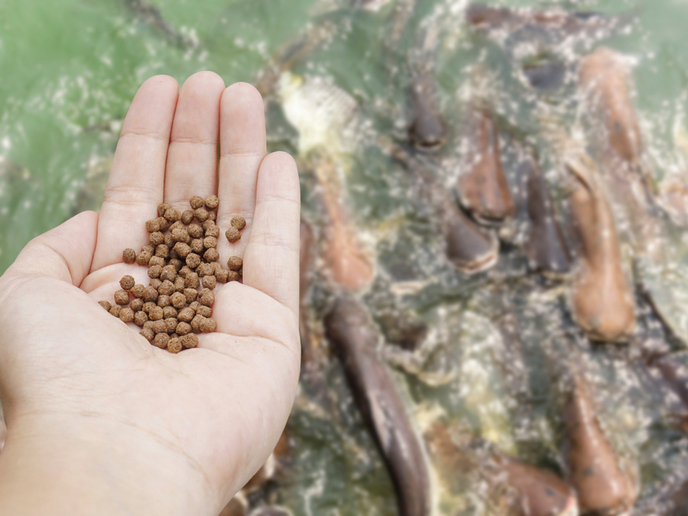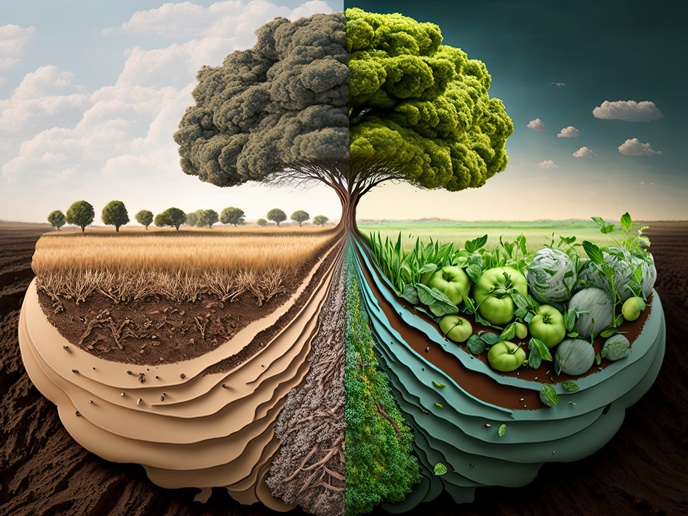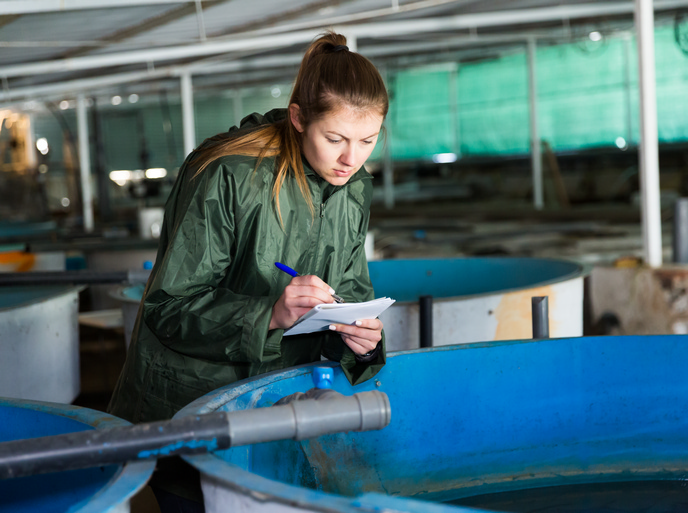Transforming wood byproducts into aquafeed
Feeding the world’s burgeoning population is a long-anticipated problem that is now upon us. Human numbers are increasing exponentially while the amount of productive land is shrinking. Within these constraints, just increasing the food supply would be a major challenge. However, producers must now consider greenhouse emissions too, and agriculture is a major greenhouse contributor. So the sector is caught between the conflicting goals of increasing production while simultaneously reducing greenhouse emissions. Aquaculture(opens in new window), including fish farming, is one viable solution. However, when it comes to finding premium protein sources for aquafeed, Europe has been importing up to 80 % of the protein used in animal feed since the 1970s. For this reason, the two main protein sources used in fish farming – fish meal and soy – present sustainability issues. To help feed its human population, Europe needs alternative and local sources of protein for fish farming and single cell protein could be the solution.
Nutrition from wood
The EU-funded SYLFEED(opens in new window) project developed a process to produce nutritional and sustainable protein from wood. Two components first separated from wood are fed to proprietary non-genetically modified yeasts, which, by fermentation, produce high quality proteins. Amélie Drouault, project coordinator, outlines the gist of the project. “Lignocellulosic material, such as wood and agricultural residues, has the advantage of being the first non-food, sustainable and renewable feedstock for feed and food products. Combined with enhanced microorganisms such as yeasts, it is a perfect substrate for fermentation to produce protein-rich ingredients.” “After downstream processing, drying, we get Sylpro, a single cell protein ingredient,” outlines Drouault. The SYLFEED project demonstrated the ‘biomass fermentation’, a process previously developed by its lead partner, Arbiom(opens in new window). Project partners also validated the final product’s suitability for aquaculture. To complete the research, SYLFEED received funding from the Bio-based Industries Joint Undertaking, a public-private partnership between the EU and industry. SylPro contains premium protein that has been tested in aquafeed applications. During successful scale-up, SYLFEED produced quantities of SylPro to tonne level to enable formulation of the aquafeed . SYLFEED partners evaluated digestibility and growth in vivo on Atlantic Salmon and demonstrated SylPro can complement current premium protein sources used in the industry. “Covering all the value chain, the SYLFEED project demonstrated the scalability of Arbiom’s process and validated the quality of our product,” explains Drouault who adds, “SYLFEED has also demonstrated that Sylpro can be produced from multiple substrates, including wood chippings and dried grasses, which makes it a good alternative protein solution.” The resultant protein, plus other essential nutritional ingredients (fats, carbohydrates, vitamins and minerals, fibre), yield a high-quality aquafeed. Potential customers, which were also project members, have confirmed and validated SylPro’s quality.
Industrial demonstration and green light
Project partners demonstrated the process industrially, and it is now ready for commercialisation. The next step is to build a commercial production plant in France, to be started in 2022. The project’s Life Cycle Assessment compared the impacts of Arbiom’s product to that of other conventional and alternative proteins, concluding that SylPro has environmental benefits. The project market research also found that the new process would open income opportunities for the timber industry. Ultimately, the project has yielded a nutritional, reliable and sustainable alternative source of protein for aquaculture. This will help create a sustainable domestic European protein source and contribute to increase food security in the EU.







